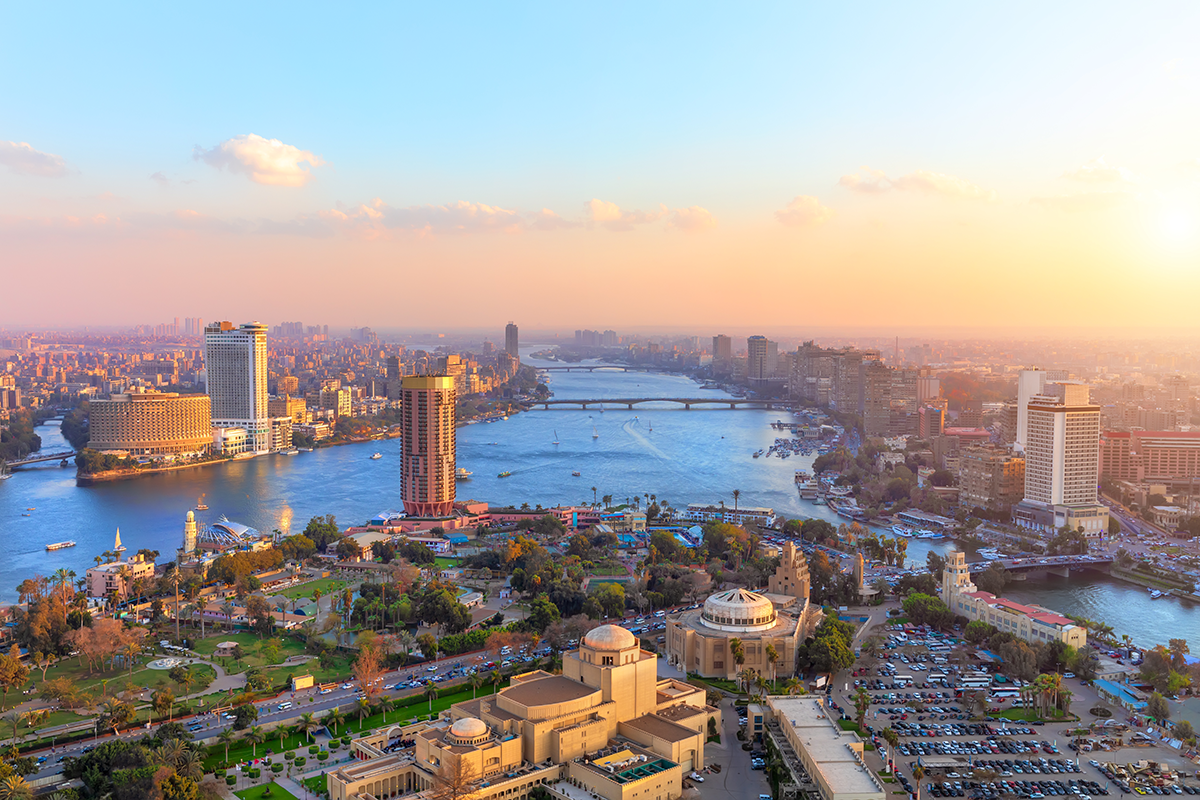
Egypt’s capital sits alongside the Nile River and is home to more than 10 million people.
While growing up in the United States, one may notice a familiar pattern in the cartoons playing, the books being taught, and the brands on the surrounding shelves, all inaccurately displaying wildly out of proportion stereotypes, ranging from all of Africa being in mud huts, the Middle East as terrorists, to painting all of China as evil. These assumptions are not only harmful because they cause Americans to view these groups of people or countries in a negative and falsified light, but also limit the amount of culture and knowledge that the Western world has available, all because of fabricated personas that fill the propaganda hole.
These stereotypes are nowhere close to being “new age” either; the idea that the people of Africa live in mud huts and carry spears on them at all times originated during the Atlantic Slave trade. Colonists would perpetuate these to give the impression that the Africans were uneducated, simplistic, and primitive, all in an attempt to prolong the period of slavery. These assumptions would eventually fuel the furnace for Jim Crow laws to take effect, segregating them from the rest. Even though these actions and laws are now illegal and looked down upon, and could not be further from the truth with megacities like Lagos, Nigeria, and Cairo, Egypt towering over the skyline, the association still hasn’t died. It is most commonly found on social media now as a form of mockery, but it is still implied in countless forms of “information.”
These lies aren’t always derived to simplify others in attempts to justify terrible things like slavery; some are born due to propaganda. Shortly after the attacks on Sept. 11, 2001, countless different narratives spread like wildfire across various news sources, presidential speeches, and the web. Still, all collectively led to an “America vs. them” with President Bush starting the “War on Terror.” The grievance of the tragedy can truly never be described, and nothing would ever be able to “make it right,” but the stereotypes that developed due to it generalized the entirety of the Middle East as terrorists, which is still perpetuated to this day, carrying on a negative connotation, and justifying countless actions against them.
And finally, the most relevant issue is the massive publicity against China; no matter what news source you visit online, such as Fox News, Noema Magazine, and many more, you will see various reasons why China is bad, how China is threatening the United States’ national security, and its attempts to devalue the U.S. Dollar. While all of these headlines could be true, it is vital not to group the people of China with their government. Time and time again, the citizens of America disagree with their government and lean against it, so why is it an automatic thought to perceive that the citizens of China don’t feel the same way?
The truth of the matter is that everything that surrounds people daily can affect their viewpoint on others; it can lead to something as innocent as a simple misunderstanding or morph into full-blown racism. It is essential not only to verify the information in front of you but also to remember not to generalize and make assumptions. Just because another person has a different means of going about their life doesn’t make them weird or wrong, and it doesn’t make them primitive or a terrorist. Because at the end of the day, we are all human, something as little as a fabricated foreigner shouldn’t separate us.